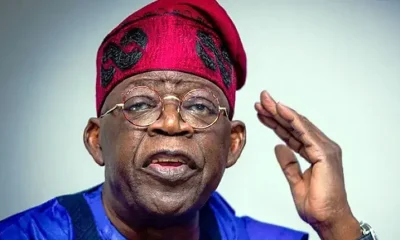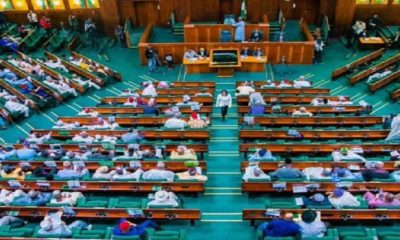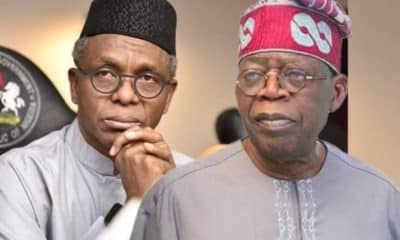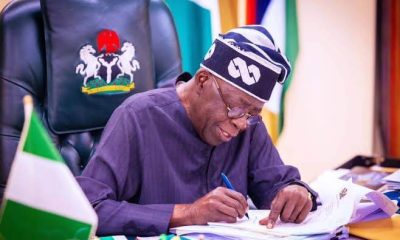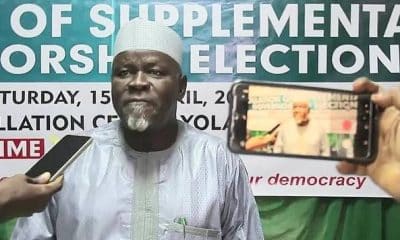Nigeria News
Deputy Speaker Reveals When New Nigerian Constitution Will Be Ready
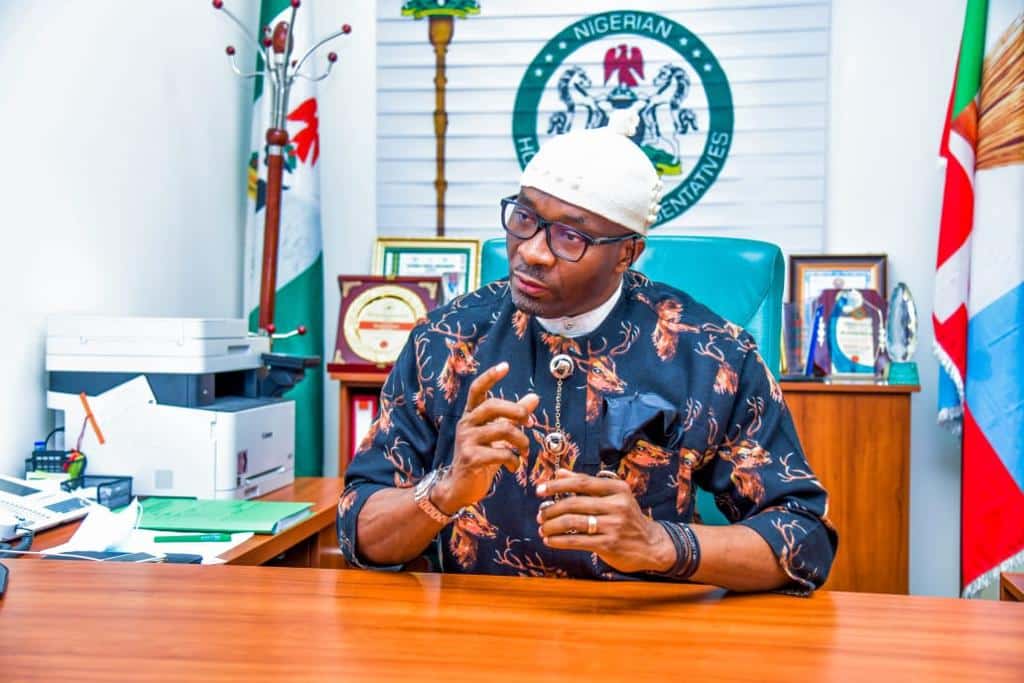
In an ambitious move to reform the foundational legal document of Nigeria, Deputy Speaker of the House of Representatives and Chairman of the House Committee on Constitution Review, Benjamin Kalu, announced on Monday, February 26, that the nation anticipates a new constitution ready for the President’s signature within the next 24 months.
This announcement came during the formal inauguration of the committee dedicated to the review of the 1999 constitution, marking a significant step towards addressing the evolving needs and aspirations of the Nigerian populace.
Kalu underscored the importance of this constitutional reform as a crucial endeavour to align the nation’s laws with the 21st-century demands for justice, equity, and prosperity.
The strategic timing of the review process aims to avoid the complexities and busy schedules associated with election years, providing the President ample time to scrutinize the proposed changes.
Highlighting the broad scope of the review, Kalu mentioned that the House has received several bill proposals focusing on key areas such as the establishment of state police, enabling states’ access to mines, promoting women’s participation in politics, clarifying tax and levy collections by government tiers, and introducing the office of the Mayor for the Federal Capital Territory, Abuja.
These proposals are part of a comprehensive effort to update the constitution, reflecting a dynamic and inclusive approach to legislative reform.
Additionally, the Deputy Speaker noted the resurrection of bill proposals that failed to secure presidential assent during the fifth constitution alteration process.
These include enhancing the powers of the National and State Assemblies to summon the President and State Governors, respectively, and directing government policies towards ensuring the right to food and food security.
Kalu also acknowledged the contributions of previous assemblies to constitutional amendments, which have led to significant changes such as financial independence for State Houses of Assembly and Judiciary, the reclassification of “Prisons” to “Correctional Services,” and adjustments in legislative powers over railways and electricity, among others.
As the committee embarks on this critical journey of constitutional review, Kalu expressed enthusiasm for embracing both the challenges and opportunities that lie ahead.
Emphasizing the importance of leveraging technology, social media, and inclusive engagement strategies, he assured that the process would ensure comprehensive public participation and reflection of diverse viewpoints in the shaping of Nigeria’s future.
The commitment to revising the constitution underscores a collective aspiration towards a more responsive, inclusive, and democratic governance structure in Nigeria, setting a precedent for future legislative endeavours.
He said further, “As we embark on this journey, let us draw inspiration from the words of great leaders who have come before us. Let us remember the wisdom of Tafawa Balewa, who spoke of the necessity of unity and collaboration inbour efforts to build a brighter future.
“Together, let us reaffirm our commitment to democracy, justice, and progress. Together, let us rise to the challenge and build a brighter future for Nigeria, a future that is truly of the people, by the people, and for the people.”

